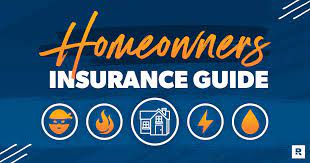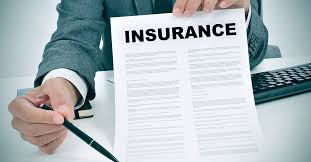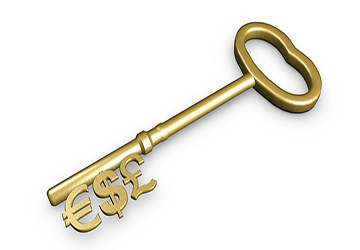Some Savings in Car Insurance You Should Know
Some Savings in Car Insurance You Should Know
Collision insurance (paying for collision damage) and comprehensive insurance (protecting against vehicle theft and damage caused by storms, etc.) are two types of insurance that can be cut to reduce premiums. You can also waive other insurances to save more money.
Adjusting the deductible: CFA's Hunter stated that increasing the comprehensive deductible and collision deductible from $500 to $1,000 would reduce premiums by an average of 11%. If you accidentally crash, please make sure you are able to pay the extra out-of-pocket expenses.
Old cars don’t need additional insurance: When your annual premium is equal to or more than 10% of the car’s book value, consider giving up collision and comprehensive insurance. Otherwise, over time, your final payment may exceed the cost of repairing or replacing damaged, stolen or scrapped vehicles. (If your car is popular and old enough to be considered a classic, and you don’t drive to get off work and most errands, there is a classic car policy to ensure that your car is based on agreed value, depending on its collection Gender and other factors.)
Exemption of rent reimbursement insurance: If you have another car that can be used to repair the vehicle, you do not need to purchase this insurance. If you have a more cost-effective car club membership, or roadside assistance is part of the car warranty, you can also skip roadside assistance insurance.
Check personal injury protection and medical payment insurance: If you already have good health insurance, your car insurance policy does not require it. If you do not have health insurance, or your frequent visitors may not be well insured, please keep the insurance.
Actively strive for discounts: This can include breaks that bundle family, car, and umbrella policies with the same carrier; take a safe driving course; let your carrier know that your annual mileage is low; and report your young driver’s Academic average of health status, usually B or higher.
Take these steps to save more
Keep your credit and driving records clean: both will affect your premium. In order to get the best price, you need at least three years of clean driving. In most states, the higher your credit score, the lower your interest rate.
Choose your car wisely: premiums vary by model. When comparing car models, please ask your insurance company for premium quotes for the different car models you are considering. Compared with ordinary models, insurance costs for luxury and high-performance cars tend to be higher.
Assign the right driver to the right car: Ask your insurance agent who should be the main driver of each car in your home. Matching based on personal driving records and car value can save you money. For example, it may be cheaper to pair a low-value car with a driver who has the longest commute time than to provide a high-value car to the driver.











